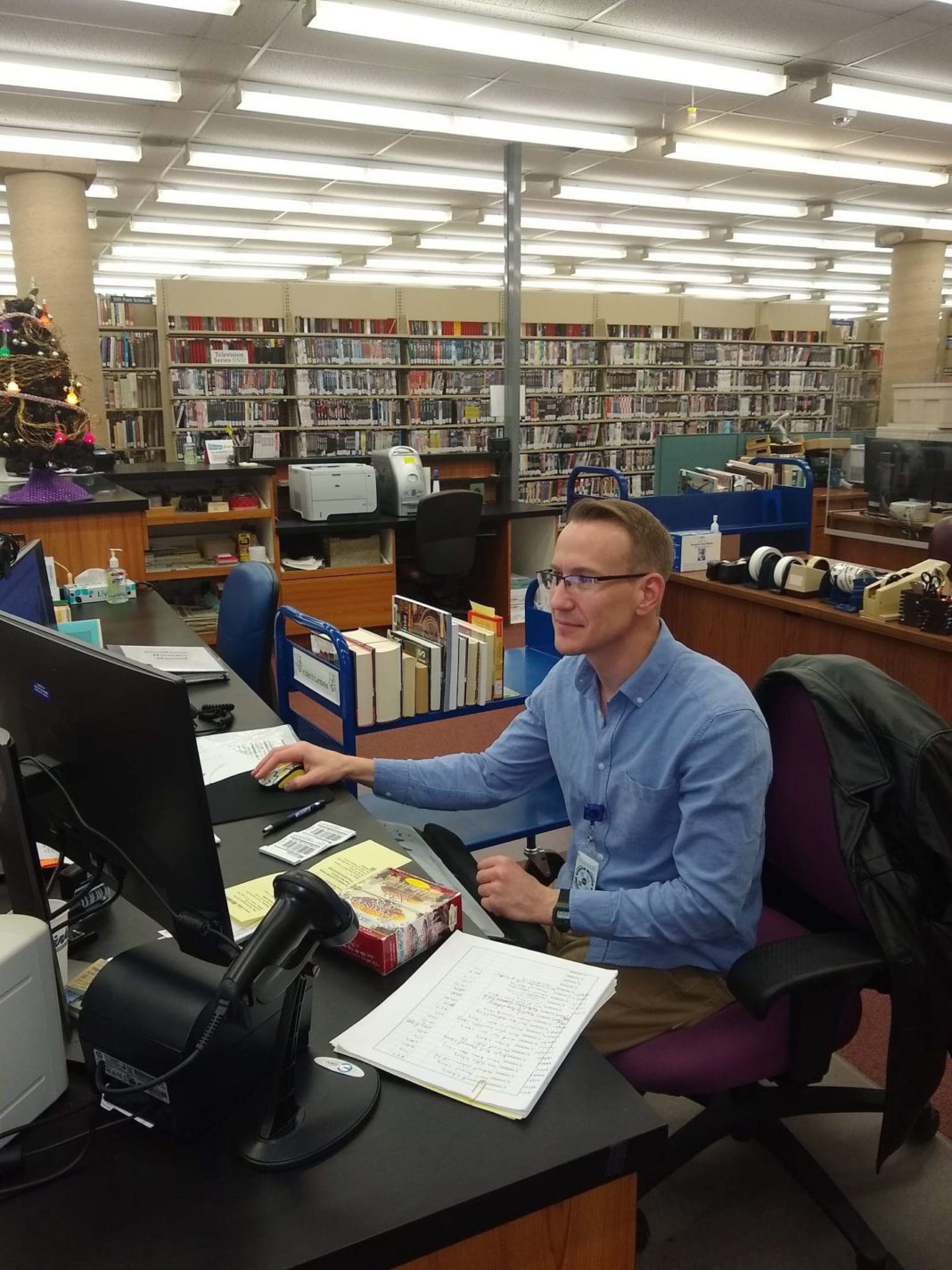Libraries are a vital part of a community – a belief our state recognized from the beginning. Even before statehood, in 1890, the first legislative assembly of the territory of Oklahoma passed legislation to create the territorial library, and the state’s strong affinity for access to libraries began.
Natalie Currie, director of the Oklahoma Department of Libraries – the entity that serves as state library, state archives, and the records administrator for the state government – recognizes the value in this long history.
“That really speaks to me, because that tells me that even before we became a state, our state forefathers already knew how important libraries were,” she says.
The current-day department is an independent state agency, led by a seven-person board of directors who were appointed by the governor and confirmed by the senate. They have about 35 employees who serve various roles, from archivists to library resource experts to consultants who help with library development statewide.
“We are really fortunate in this state that we have at least one public library in every county, but that was a hard-fought process,” says Currie. “It’s really important to us to make sure that no matter where you choose to live, that you have access to amazing library services.”
In addition to running the state library, the ODL provides a range of services to support libraries throughout the state. They administer and distribute both federal and state funding that provides for collections enhancement and a wide variety of programming – everything from early learning literacy programs, homework and job search help, veteran benefits assistance, citizenship test preparation and much more. A team of development consultants advise every library in the state on best practices and provide ongoing support.
The department manages the archives of the state government and has developed a wide variety of digital collections, available for research online. These records are accessible to everyone and play an important role in bolstering government transparency, says Currie.
And this effort to provide information and education continues into new initiatives by the department. Looking to the future of the ODL, access to technology for all is a major goal. The agency has spearheaded projects including digital skills training, providing private access to telehealth services within libraries, and supporting local libraries in their efforts to provide one-on-one technology training to their communities.
“The library is a safe, welcoming environment for them to learn and be exposed to these technologies, and learn to use them in a really supportive environment,” says Currie. “Libraries are all about making sure that there is equal access and opportunities for all, regardless of your economic circumstances.”
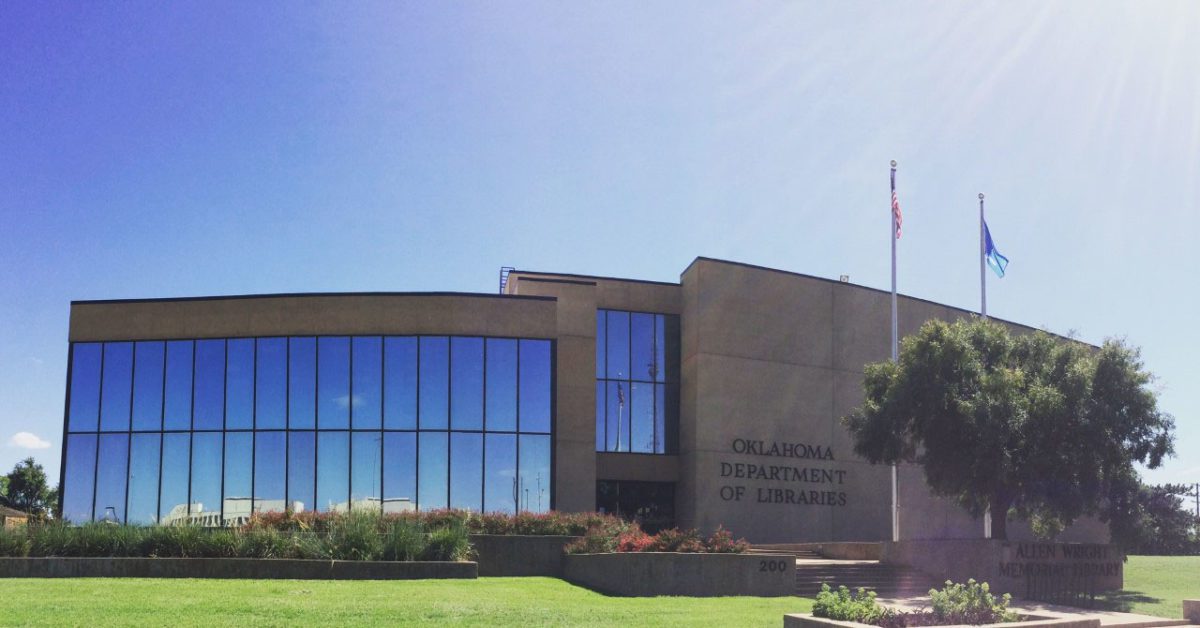
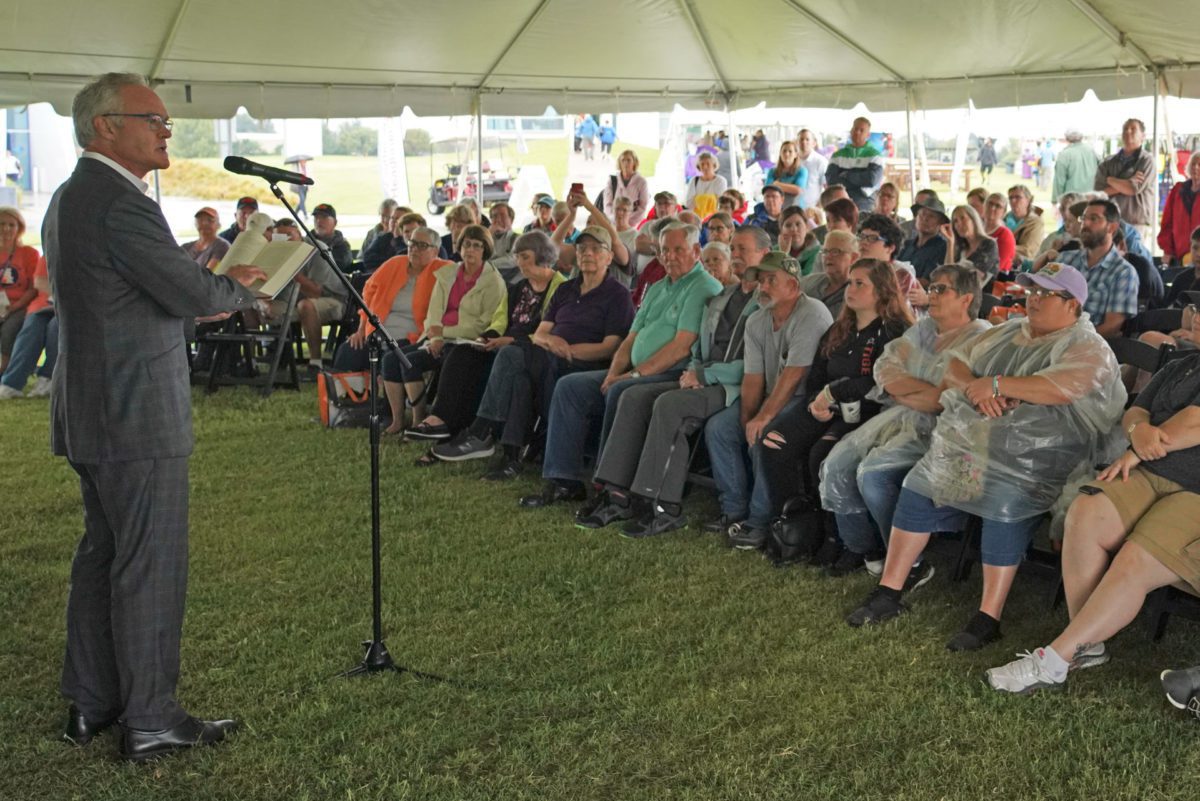
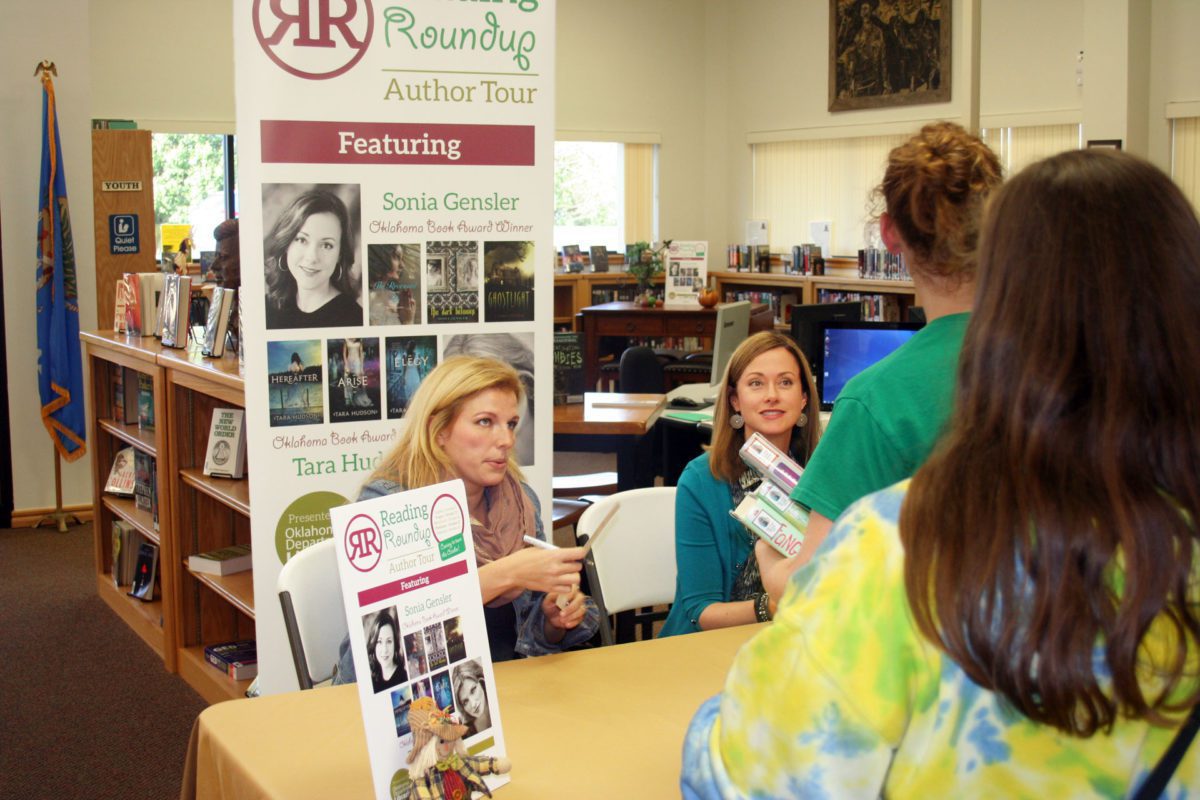
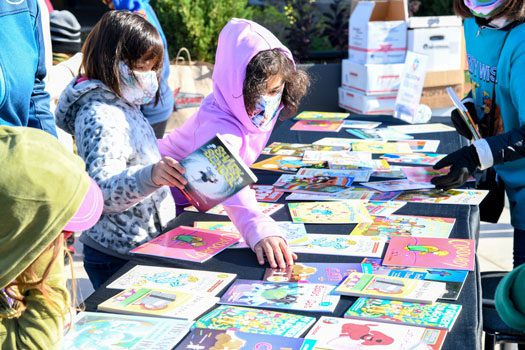
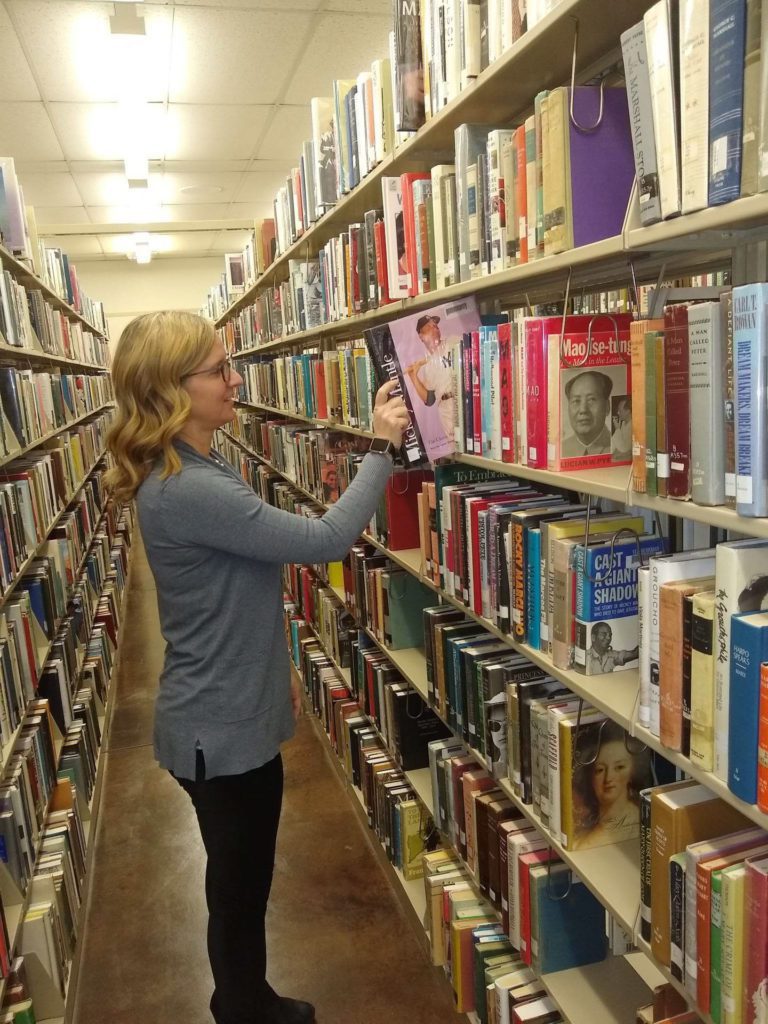
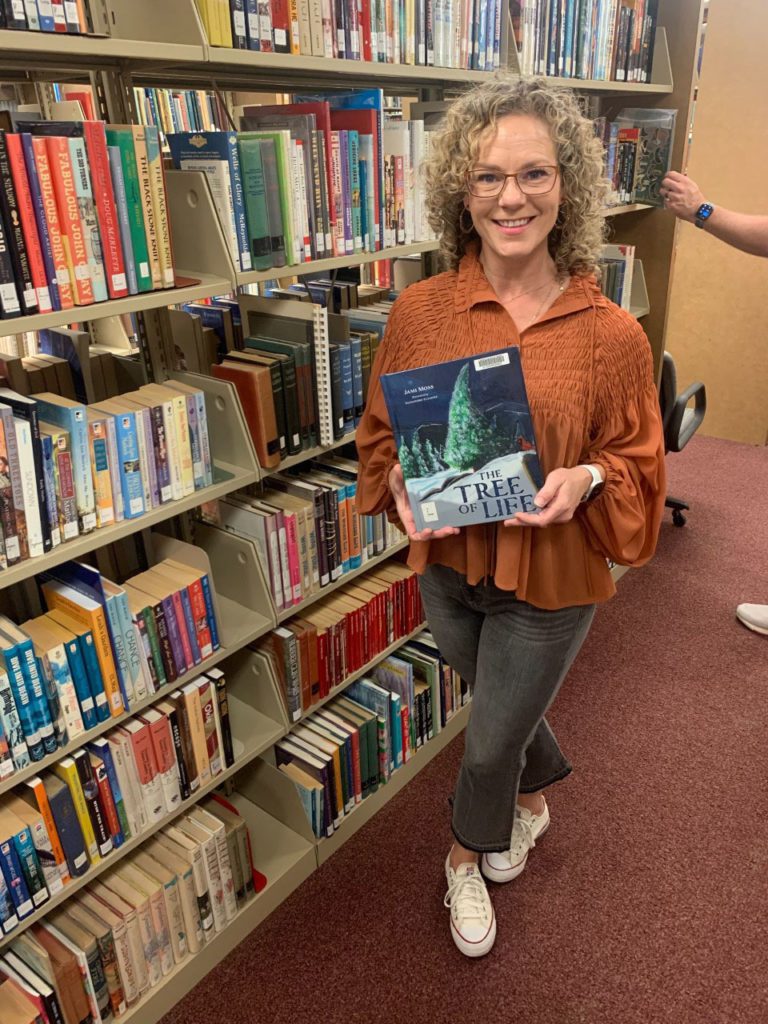
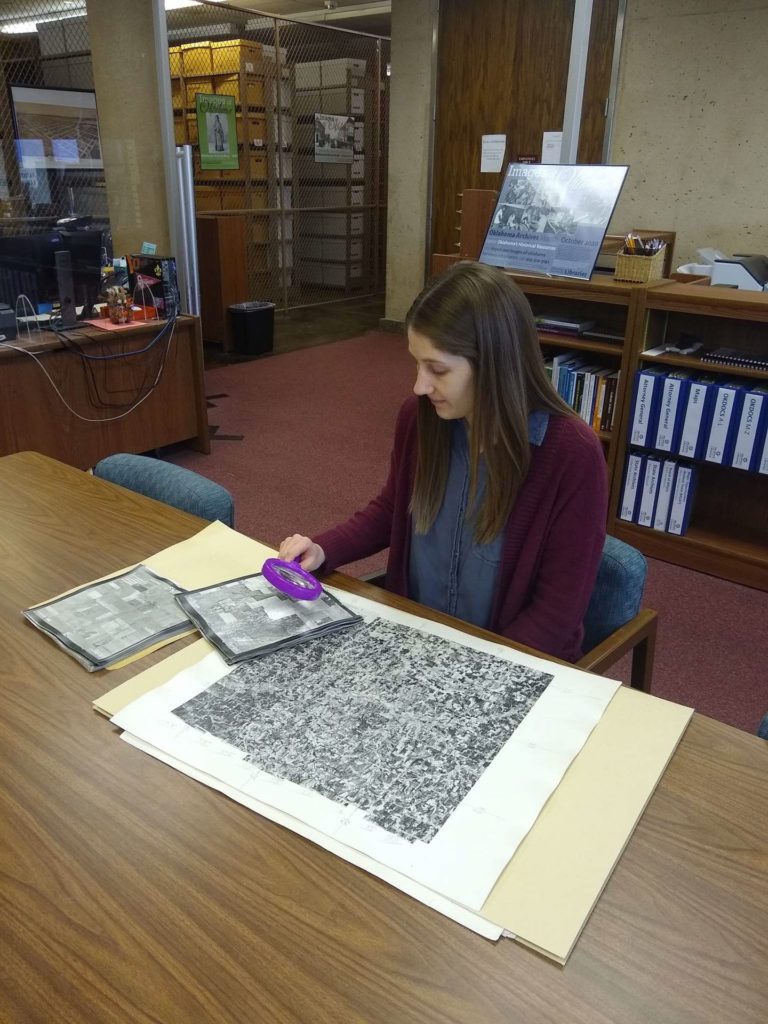
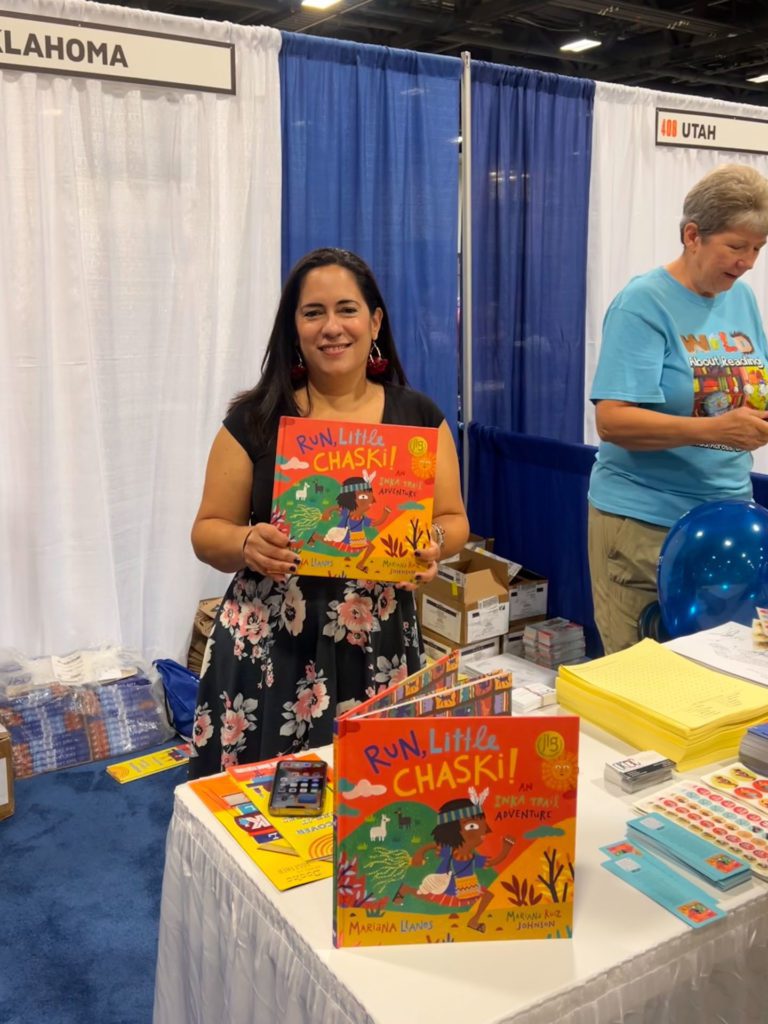
Photos courtesy the ODL






















